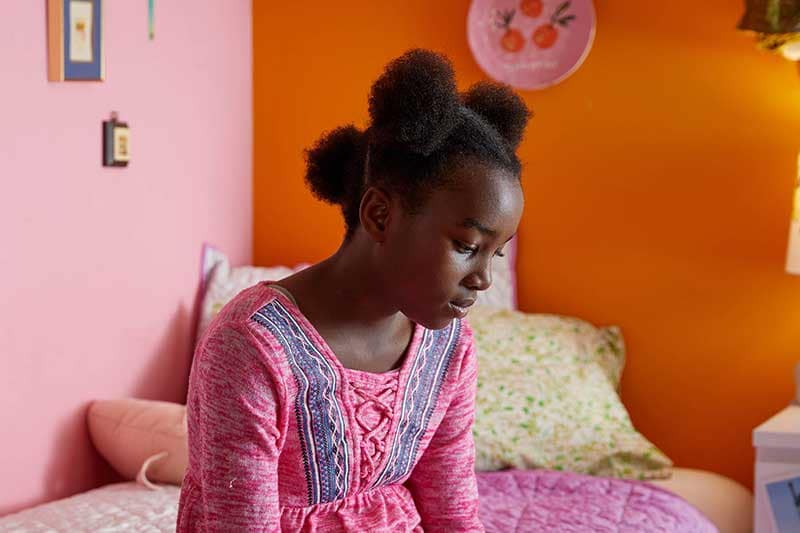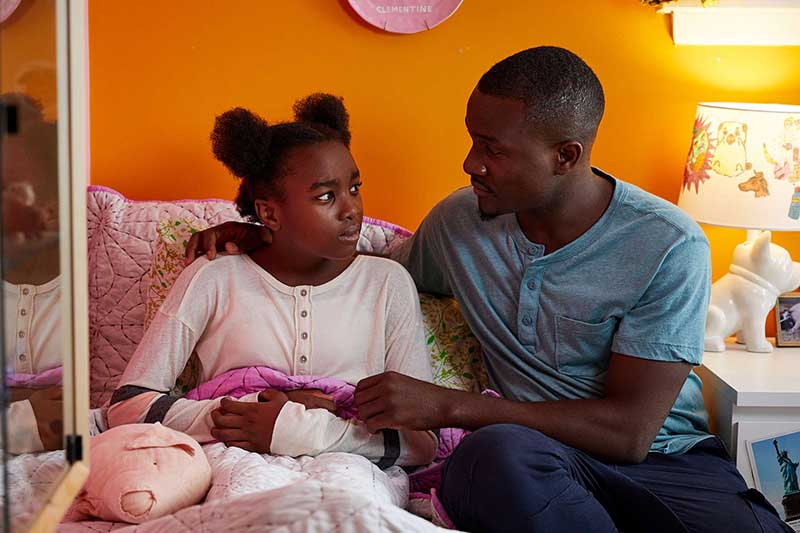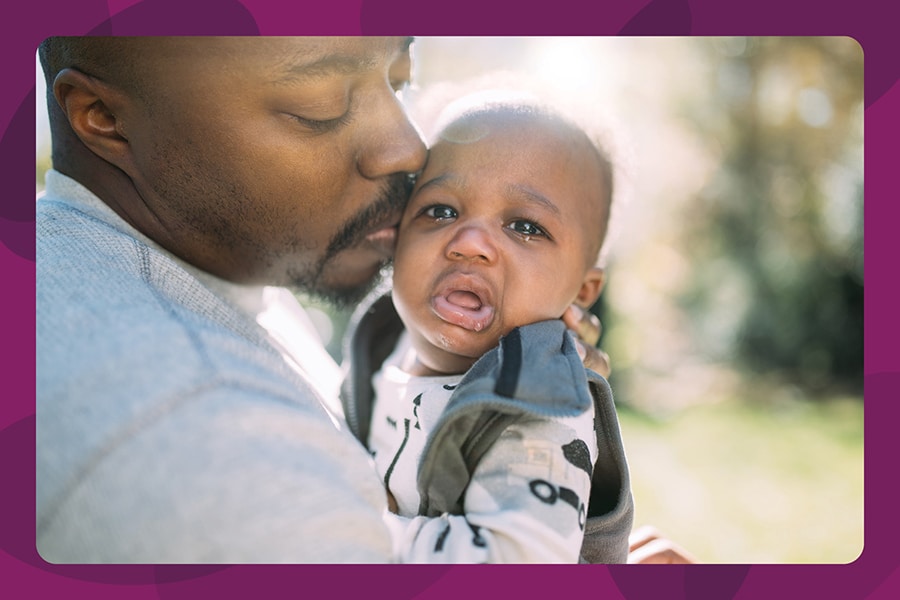Coping With Grief During Holidays and Celebrations

It’s normal to think more about the people we love around holidays and in times of celebration. For many people, thinking about those we love brings happiness and joy. However, when we experience loss, special occasions may bring up unpleasant and sometimes painful feelings of sadness, anxiety, anger or disbelief.
Whether it’s a holiday, birthday or major milestone, all the “firsts” without a loved one present may be tough. While knowing what to expect, and having healthy strategies for navigating your grief, won’t change the fact that things are different, it can help. Read on to learn more about how to cope with grief during holidays, celebrations and other milestones.
In this article:
Allow yourself to feel
While it’s natural to want to avoid dealing with uncomfortable or painful feelings, trying to ignore how we feel generally does more harm than good. Plus, those feelings will eventually come out in one way or another.
As a parent experiencing loss, you may feel the added pressure of having to put on a smile and act like everything is OK. Kids look to adults for clues on how to respond and manage their feelings, so not acknowledging how you feel may be confusing to your kids and make things worse. Here are a few things to keep in mind:
- Feelings are normal. Teach your kids that having feelings is not a weakness; it’s a part of being a human. We all have feelings, so it’s important to model how we can identify and express them in healthy ways.
- Grief looks different for everyone. Part of the healing process after experiencing a loss includes feeling many different emotions, so do your best to provide an open and safe environment for everyone to feel whatever they feel. Allow your kids to ask questions about grief and share what’s on their minds, whenever they are ready.
- Feelings may change day to day or moment to moment. It’s normal to experience a combination of different emotions prior to, or on the day of, a celebration or event. Your child may be laughing one moment and crying the next. Let them know that this is normal and OK.
- It’s OK to laugh and have fun when you’re grieving. It may seem like you shouldn’t celebrate, or that you can’t enjoy yourself, when you or others are grieving. However, allowing yourself to feel whatever you feel is part of the grieving process. Laughter and joy can also help everyone in the family feel hopeful and more connected.
Try to plan ahead
It’s hard to predict when you or your kids may suddenly feel strong emotions related to your grief. Something that seems small or insignificant, such as a sound, a smell or a comment, can trigger a wave of emotion. Even though you can’t plan for everything, thinking ahead about what to anticipate can help you feel a little more prepared and in control when something does come up:
- Expect that all the “firsts” will be hard without your loved one. Knowing it will be tough, and that it’s normal to feel sad, overwhelmed or lonely, can help you anticipate some big feelings. Be kind and patient with yourself and your kids as you navigate all of the firsts together.
- Have a plan if you or your kids need a break during an event. Will there be a quiet place you can go to have a moment alone? Who will be available for you to rely on for support?
- Consider how you can leave when and if you need to. Do you have your own transportation? Will someone else drive you home?
Do what feels right for you
There isn’t a right or wrong way to grieve; and what works for one family or person might not work for another. When grieving a loss, give yourself permission to do what feels right and comfortable for you and your family, rather than doing what you think you should do or what you believe others are expecting from you. Regardless of what you decide, talk to your kids along the way, and keep them informed so they know what to expect.
- Maintain traditions as they were. If you find that your family is comforted by the idea of keeping traditions and rituals the way you have always done them, keep them going.
- Modify or make new rituals. If it makes you too sad to keep a tradition or ritual exactly as it has always been, but your family still wants to do something similar, think creatively about how you can modify it to make it comfortable and enjoyable for everyone.
- Cancel plans altogether. It’s OK to say no, cancel or skip events that you aren’t ready for or that are too painful. Keep in mind that you can’t please everyone; all you can do is what is right for your family in the moment.
Find ways to remember and honor your loved ones
Talking or thinking about the people you’ve lost may feel too painful at times, but it can make you feel better and help you move through the healing process. As you are grieving the loss of a loved one, consider ways you can remember them, honor them and feel more connected to them during holidays and other special occasions:
- Look at pictures or videos.
- Share funny stories.
- Do activities that remind you of them, such as listening to a song they loved or cooking their favorite meal.
- Light a candle for them.
- Draw pictures of favorite memories with them.
- Talk about what they taught you or the most important lessons you learned from them.
- Do a project or activity in their honor (e.g., create a special bench or sitting place in an area they used to enjoy, plant a tree, volunteer at an organization they cared about, etc.).
Accept help
Grief is an ongoing process with no timeline. Grief is different for everyone, and it takes time to work through. Some days may be better than others—that’s to be expected. If at any point you are concerned about your child’s emotional wellness, don’t hesitate to consult with your doctor or a behavioral or mental health professional.
By asking for what you need, and getting support from others, you are showing your kids that needing help is not a sign of weakness. Not only is it OK and normal to ask for help; it shows courage and strength—and builds resilience.



